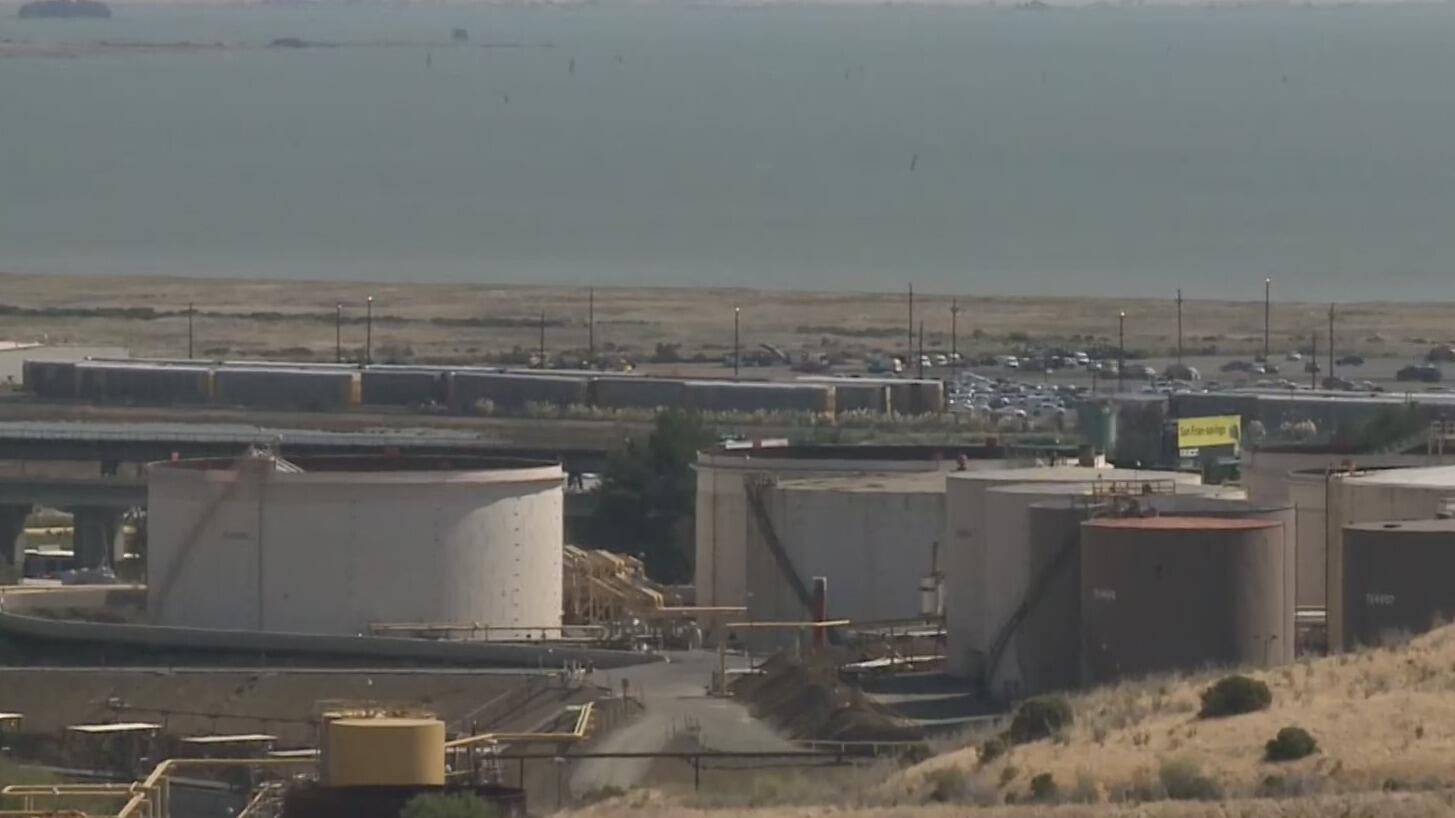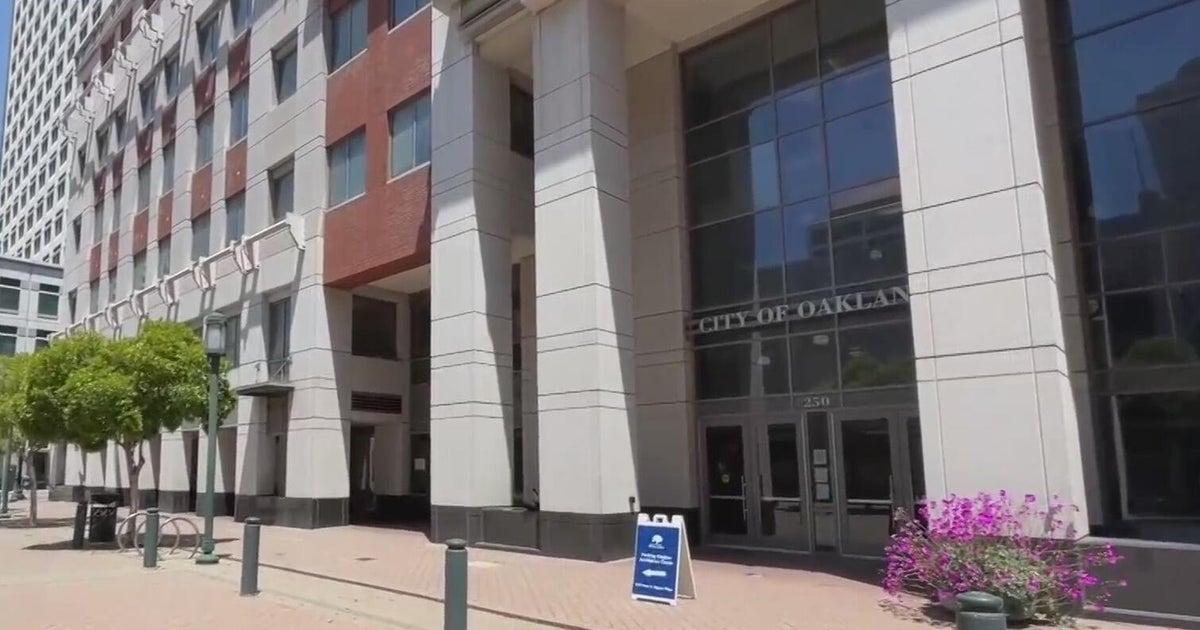Benicia prepares for possible closure of Valero refinery, its largest employer and top taxpayer
The city of Benicia is bracing for a major economic shift as it prepares for the possible closure of the Valero Refining Company, the city's largest employer and primary source of tax revenue.
"Valero represents in direct contributions to our economy between $10 and $12 million a year," said Benicia Mayor Steve Young.
That amount accounts for roughly 20% of the city's $60 million annual budget. If Valero shutters its operations next year, the financial hit could be even greater, as other businesses that depend on the refinery, such as restaurants, hotels, and service providers, may also be forced to close.
"They'll be impacts to restaurants and hotels," Young said. "Charitable contributions — they give a couple of million bucks a year to non-profits, sports teams."
With potential cuts to city programs and staff on the horizon, Mayor Young is working to explore alternatives to replace the lost revenue. He's also lobbying to delay the refinery's closure.
"What I'm trying to do is buy some time," he explained. "If we can delay this closure for three years and give ourselves a chance to start talking about what comes next and what type of development would be best to try to replace what's happening here and continue to operate and give us some revenue in the meantime, that would be the best of all worlds. But it's sort of out of our hands."
Benicia is not alone in its complex relationship with the oil industry. Like other refinery communities such as Richmond and Martinez, Benicia residents have long balanced economic benefits with concerns about environmental and public health risks.
Marilyn Bardet, a founding member of the Good Neighbor Steering Committee and the Benicia Community Air Monitoring Program, has spent years holding Valero accountable to environmental regulations.
"I believe there will be pain," Bardet acknowledged. "But I believe that out of that situation comes really strong feelings for what is our community about."
Bardet believes the refinery's closure could ultimately benefit public health.
"Our community will be healthier," she said. "Our children will not have as much asthma. The cancer rates may, over a generation, begin to decrease."
Still, many in the community are worried about the economic consequences of losing hundreds of high-paying jobs. Some blame city officials and environmental advocates for pushing Valero out.
"[Valero is] a benefit for the area," said supporter William Fisher. "And also, there's going to be quite a bit of job loss involved."
Mark Felsoci, a longtime worker at the refinery, said in April that many employees have been able to support their families and send their children to college thanks to their jobs at Valero.
"Some people just are going to be out of a job because there's not enough places to fill the gaps," Felsoci said.
Mayor Young said he's in conversations with both state officials and Valero in hopes of finding a solution, but he is also preparing the city for what lies ahead.
"We're a vibrant and resilient community. And we are going to get through this," he said. "We're not going to be declaring bankruptcy or do anything like that."
Valero isn't the only oil company planning to shut down operations in California. Phillips 66 has also announced its intention to close its Los Angeles refinery by the end of this year.
Experts warn that refinery closures could contribute to higher gas prices across the state. Governor Gavin Newsom and the California Energy Commission are currently working with both companies to explore compromises that would minimize disruptions for both drivers and local economies.
The developments follow increasing regulatory pressure on the oil industry. Last year, the Bay Area Air Quality Management District issued its largest-ever penalty against Valero's Benicia facility — an $82 million fine for repeated toxic chemical releases and other violations.




